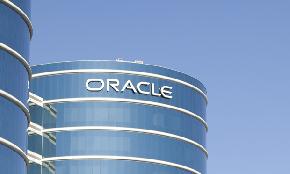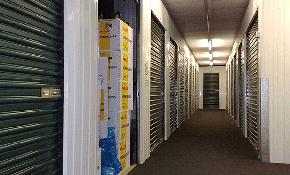What would you pay to uncover hidden problems at a potential investment property? Would you pay $10,000 to discover a $500,000+ problem? Real estate investors can find out crucial information about an asset by having a Property Condition Report done. A Property Condition Report, akin to a commercial building inspection, is an evaluation of all improvements at a property including the building and building systems.
Property Condition Report Scope of Work
The Property Condition Report scope of work can vary significantly depending on who’s ordering it – a lender may not need the level of detail that a buyer would require. “Debt-style” PCRs normally follow the ASTM E2018 standard scope of work, which includes a walk-through inspection of the asset by an experienced commercial building inspector, architect or engineer, interviews of relevant personnel, and review of available records. The data is compiled and used to create two important schedules: 1) a schedule of Immediate Repairs necessary due to failed systems, systems being past their useful life, and/or building code violations; and 2) a Replacement Reserve schedule that will estimate the remaining useful life of major systems and provide an estimate of the replacement cost at that time in the future.
An investor may want a high level of detail that would require a specialist to inspect a particular building system such as the elevator or HVAC system, or a particular building component (perhaps roof or foundation inspections). We call these kinds of assessments “Equity” PCRs. You should discuss your needs with your engineering consultant as each Equity PCR is a custom scope of work based on the asset and the buyer’s preferences.
Leveraging Equity Property Condition Reports
Buyers can use the Property Condition Reports to identify any potential deal killing items, and decide whether to proceed with the purchase. Major deficiencies such as leaky plumbing can amount to large expenses, and if the cost exceeds 1% of the purchase price it can kill a deal.
A buyer can also use the information from a PCR to negotiate the price or make other arrangements regarding deficiencies noted. If a reduced price to address the deficiency can’t be reached, a buyer can ask for repairs, maintenance contracts or warranties to be included in the transaction.
We have come across each of these scenarios and have been drawn into the negotiations between buyer and seller. In those situations, it helps to have a consultant with the technical expertise and an understanding of the bigger picture and the client’s goals.
The cost of an Equity PCR is higher than the standard ASTM PCR (in a ballpark range of $10,000 vs $2,500 respectively); however, the return on investment can be enormous in terms of saving you from a bad deal.

















 Copyright © 2024 ALM Global, LLC. All Rights Reserved.
Copyright © 2024 ALM Global, LLC. All Rights Reserved.